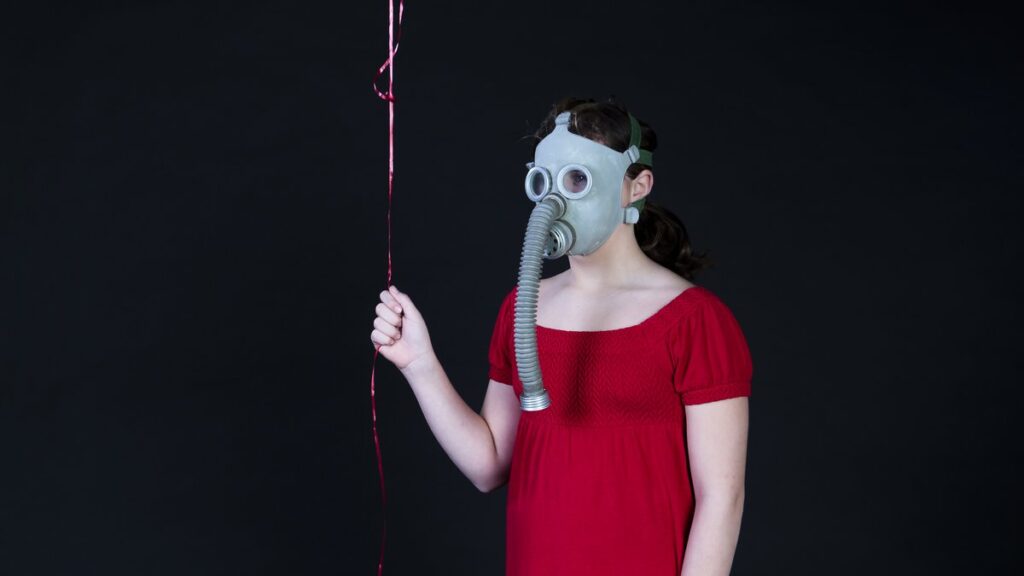Contagion Cabaret, a British stage performance turned into a film, is blended with extracts from plays, poems, journalism and music.
“Relatively poor people in India were not fearful of the disease (Covid-19); they were fearful of the consequences of the actions that were taken in response to the disease.” This was how Dr Gagandeep Kang, renowned virologist and microbiologist, viewed the impact of the pandemic on the common people and the authorities’ response to the disease. The main reason the common people cared about the disease, she said, was because they would get beaten up by police for breaking quarantine or because they might lose their jobs.
At an online panel discussion on the film The Contagion Cabaret organized by Science Gallery Bengaluru on December 17, she briefly reviewed how Indians reacted to the pandemic. Dr Kang said the film made her `feel hopeful about the world.’
The panel discussion, titled ‘The Contagion Cabaret: An Irreverent Look at Plague and Pandemics, Past and Present’ was part of the Science Gallery Bengaluru’s ‘Contagion’ exhibition season. ‘Contagion’ is the first fully digital exhibition season of the gallery, and it aims to bring science back into the culture by bridging the gap between research and the common people. The gallery plans to put on show research-based programmes targeting young audiences. Started in April, the `Contagion’ season is on view until end-December.
Contagion Cabaret, produced by the Chipping Norton Theatre and Oxford University’s Diseases of Modern Life Project, was a theatre production before it was made into a film during the pandemic lockdown in the UK. The film, which is an irreverent historical look at plagues, pandemics and lockdowns, is blended with extracts from plays, poems, journalism and music.
Apart from Dr Kang, ecologist Raghavendra Gadagkar, literary scholars Sally Shuttleworth and Teja Varma Pusapati as well as the Theatre Chipping Norton team, John Terry and Anna Tolputt spoke at the panel discussion. Sally Shuttleworth said the film was absolutely compelling as ” the world seems to be forgotten and we behave as if it’s the first time the world has faced such a massive pandemic. Clearly not”.
According to John Terry, the incredible and impressive research of Sally and the team had made it possible to make the film. Anna Tolputt shared her experience of working on the film in the lockdown period in the UK. “The future of theatre seemed really uncertain and it still does.” The project was completed at a time when it was really hard to do that.
Teja Varma said the pandemic experience in India was vastly different for individuals depending on their gender, class and regional location. She noted that the language used in the profession of medicine has great consequences for individuals. John Terry had this question for the Indian members of the panel: ”What are the things that, if we were making the Bengaluru remix of the Contagion Cabaret, we might leave out?”
To this, Raghavendra Gadagkar responded that the film producers needed to focus much more on the sufferings, especially of the migrant labourers; some of the obvious policy mistakes; and, the avoidable mistakes in the future.
Prepared by Aparna Baiju E and Parvana K B

